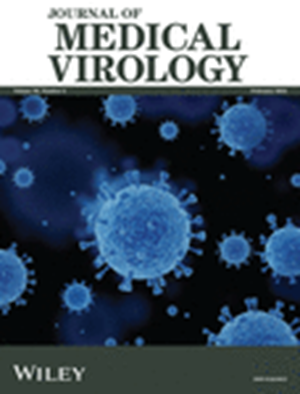Single-Cell Atlas of the Peripheral Immune Response in Patients With Chronic Hepatitis B
Abstract
Cellular immune responses are crucial in determining outcomes of the hepatitis B virus (HBV) infection. Ineffective immune responses enable persistent HBV infection and contribute to progressive liver disease. Understanding the mechanisms underlying immunological HBV tolerance and restoring functional adaptive immune responses is essential for successful chronic hepatitis B (CHB) treatment. This study examined the dysregulated immune responses and immunopathological cell states associated with CHB using single-cell RNA sequencing of peripheral blood mononuclear cells to investigate immune cell composition and transcriptional differences between patients with CHB and healthy donors. Phenotypic alterations in the lymphoid and myeloid compartments were observed following HBV infection. T cell immune profiling in patients with CHB showed enrichment of exhausted CD8+ T cells, impaired cytotoxicity of effector CD8+ T cells, and increased regulatory T cell (Treg) suppressive activity. Immature neutrophils and a unique CD14+ monocyte subset (myeloid-derived suppressor cells) exhibited potent immunosuppressive abilities. A novel population of CD14+CD163+VSIG4+ M2-like macrophages with immunosuppressive and anti-inflammatory phenotypes was enriched in a patient with severe CHB and liver failure, indicating a potential contribution to dysfunctional immune responses. Our study demonstrated immune exhaustion and evasion in chronic HBV infection, elucidating its immunopathological features and suggesting new therapeutic strategies for immune-mediated disorders and unresolved chronic HBV infection.

 求助内容:
求助内容: 应助结果提醒方式:
应助结果提醒方式:


